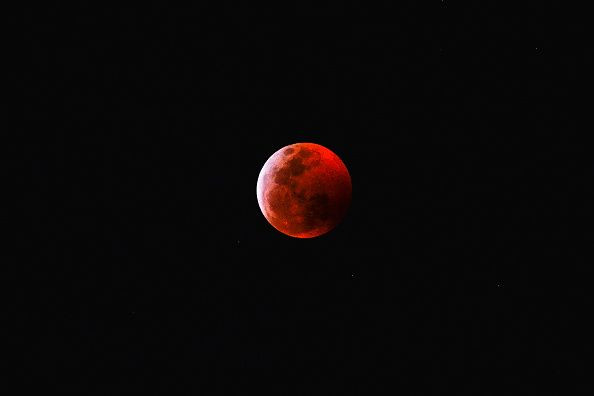NASA, Experts Say We May Have Missed Alien Signals From UFO Sightings

NASA and Harvard physicists claimed that the hunt for other forms of life outside Earth may require entertaining extreme possibilities because we may have missed alien signals from UFO sightings.
According to Avi Loeb from Harvard, "Aliens are not science fiction." He added that not discussing aliens is a crime as it is not just speculation much like extra dimensions and dark matter.
Silvano P. Colombano of NASA’s Ames Research Center, on the other hand, suggested that there is a chance that the world may have missed alien signals in its hunt for UFOs. He claimed that intelligence and form of life on Earth might just be the first step in continuous evolution. This means that there could be superior forms of intelligence, considerably more advanced than that of Earth, and that they may not be based on the same carbon “machinery.”
Although it is within reason to think that life most likely came from the same conditions as it did on Earth, Colombano explained that we might have to consider that intelligence that might find us and vice versa may not be the same "carbon-based organisms like us.” This also reduces the chances of matching technologies since there are vast time differences in the evolution continuum.
Dr. Edward Schwieterman, the lead author of a new study and a fellow at NASA, echoed the same thought when his team suggested that search for life forms may require looking for carbon monoxide in other worlds. The Earth previously barely had no oxygen, but there is already microbial life in its oceans. Presently, the Earth's atmosphere is oxygen-rich, and the planet is filled with life, which is not the case billions of years ago. Simulations of the Earth's atmosphere revealed that it might have contained 100 parts per million (ppm) of CO in the past, which is significantly higher compared to today.
Caleb Scharf, director of Columbia University’s Astrobiology Center, also said that it is possible that alien life may be so advanced that it may be hard to differentiate it from physics. Colombano added that there were some unexplained aspects in some UFO sightings.
According to him, it might be worthy of studying the UFO phenomenon in a different context such as "a system with very low signal to noise ratio." Studies on such phenomenon should be more open to different discovery and communication possibilities. Scharf's proposal suggested that provided other life forms may have evolved beyond our technology and knowledge of complexity, then we should be open to "some very extreme possibilities."
© Copyright IBTimes 2025. All rights reserved.




















